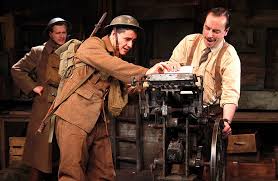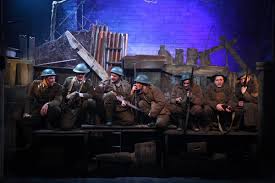 (3 / 5)
(3 / 5)
Nazis are great, easy villains. They have a simple, distinct name, have an iconic look and logo so can be easily visually recognized as well as overenunciated accents. Plus they obviously committed such atrocities that they lend themselves to any deplorable situation, whether it be factual or some fantastical, made up scenario. This movie is the latter.
Overlord is not a movie like Apocalypse Now, Paths of Glory or Platoon where you come away from it with a unique view of war as well as the human condition. No, it is like running the gauntlet of video game levels where characters are simple, the explanation is minimal and about the experience. From boss fight, the sneaking around to full-on shooters this is like a really cool video game you won’t get to play but is still really cool to watch.
Little time is wasted, as soon as the movie starts we are in a plane filled with paratrooper ready to be dropped into their mission. Said mission is to destroy a radio tower, in France, that is blocking communication for American soldiers which makes it difficult. Bullets start popping up from below them so now it’s time to jump out.
On the ground, some survive the journey down and others don’t. Who we do have is Ed Boyce (Jovan Adepo) one who is possible too gentle a soul to face the harshness of this war, Captain Ford a very experienced, no-nonsense soldier that has a Kurt Russell swagger about him (convenient because he is his son), Tibbet (John Magaro) a wisecracking sniper that is by no means sensitive or an optimist, Chase (Ian De Caestecker) a photographer, Dawson (Jacob Anderson) that wants to write a book about all his experiences after the war and Rosenfield (Dominic Applewhite) Boyce’s friend.
During the course of the movie characters die, I don’t mean the Nazi’s themselves or some random character that was introduced for a minute then gets their brains blown out, I mean the core group that we get introduced to. We get to know them, they have their characteristics and some happen at different points in the movie. These people aren’t invincible and it adds to the action because now we know there are in fact stakes. I consider myself to be wise to the usual way conventional movies playout and there were some surprises to me so there may be some for you too.
When we get under the radio base we learn that there is much more going on that blocking signals. They are using some hidden element and using it to raise the dead. Yes, that’s right, Zombies! In fact Nazi Zombies! But not the Romero dumb, slow walking ones, these seem to remain intelligent but are driven mad because of the heat and are imbued with great strength, feel no pain and are no easily killed at all (then again what zombies are?).
This is stylized action and depictions of the war. The explosions are VERY loud and the soldiers don’t ever seem to suffer the consequences of being rather near an explosion (except the ones that die). Also whenever someone is shot there is half a bucket of blood that is thrown out from the other side. It’s not at the level of a Tarantino movie, but it’s near it, most likely inspired by it.
During the sequence where – sneaks into the base, I realized that the camera was just following him around and the story was being told through visuals. This is the movies Hitchcock scene, usually, these kinds of movies don’t have much faith in their audience to keep their attention beyond gunfights and yelling dialog, but in this scene, it shuts up and embraces the cinematic, visual storytelling element of cinema. This isn’t necessarily a great scene, but it is much more than what I would have expected.
When all is over the war is still going on and some characters survive which opens it up for a sequel which will most likely happen


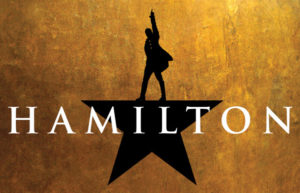
 (5 / 5)
(5 / 5)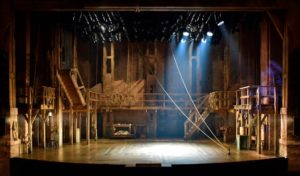
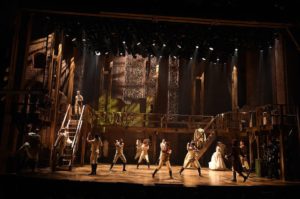

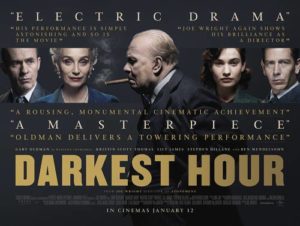

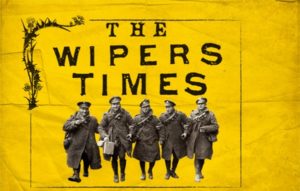
 (4 / 5)
(4 / 5)